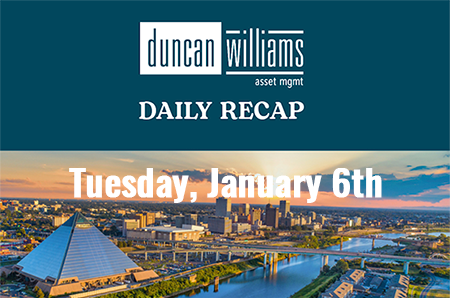
Undoubtedly, you are familiar with the adage “cash is king.” It is a well-known expression sometimes used in analyzing businesses or investment portfolios. It refers to the importance of cash flow in the overall fiscal health of a business. In corporate finance, the expression refers to the concept that only future free cash flows or dividends are relevant for valuation and not, for example, accounting earnings. In a seemingly contradictory comment earlier this year, famous portfolio manager and the founder of Bridgewater Associates Ray Dalio was quoted saying “cash is trash.” 2But his comments had less to do with the company valuation processes and everything to do with the asset allocation that investors should be pursuing during the pandemic. He is basically saying that investors should not be sitting in cash waiting on the sidelines in the current market environment. So, is it possible that cash can simultaneously be both King and Trash? It appears so.
COVID-19 has had a wide-ranging and meaningful impact on nearly all aspects of our lives but particularly on the markets. At first glance, it seems possible that Dalio was incorrect in his assertation. The initial reaction to the pandemic was a rush for liquidity in the market and big movements into cash. In many cases, early on, this was a savvy and money-saving move. However, in the longer term, we should be very concerned about the impacts of holding large position in cash – its silent killer, inflation.
Inflation is the gradual decrease in the spending power of the dollar over time. The Bureau of Labor Statistics produces the Consumer Price Index (CPI) that is widely accepted as a proxy for inflation in the United States. However, the efficacy of CPI to properly state the inflation is controversial and could have large implications over time. The original CPI was based on a basket of goods and services called the cost of goods index. Later, there was a change by the U.S. Congress to use the cost of a constant standard of living or cost of living index.[1]
This change is important because it was regarded as an attempt from the government to artificially report a lower CPI. But what incentive would Congress have to encourage a lower reported CPI?... Well, there is a link between CPI and government spending; both social security and treasury inflation-protected securities are connected to CPI. Additionally, there is an effect on lowering GDP and real rate of returns for investors with higher CPI.3
The world is filled with uncertainty, but it is clear that COVID-19 has had wide-reaching impacts on our economy and will also impact inflation. Cash may have been a safe haven in the short period after Dalio’s interview in January, however, there still lies validity in his concern that in the long-term cash is trash if it makes up a large position in investors’ portfolios.
Everyone’s individual situation is unique, and we are here to help talk about strategies to reduce the impact of inflation on your portfolio. Please feel free to reach out to our team to discuss how we can help customize a strategy for you!
1https://www.investopedia.com/articles/07/consumerpriceindex.asp
[2]https://www.cnbc.com/2020/01/21/ray-dalio-at-davos-cash-is-trash-as-everybody-wants-in-on-the-2020-market.html
[3]https://www.bls.gov/opub/mlr/2016/article/comparing-the-cpi-with-the-gdp-price-index-and-gdp-implicit-price-deflator.htm
Resources:
https://smartasset.com/investing/inflation-calculator













